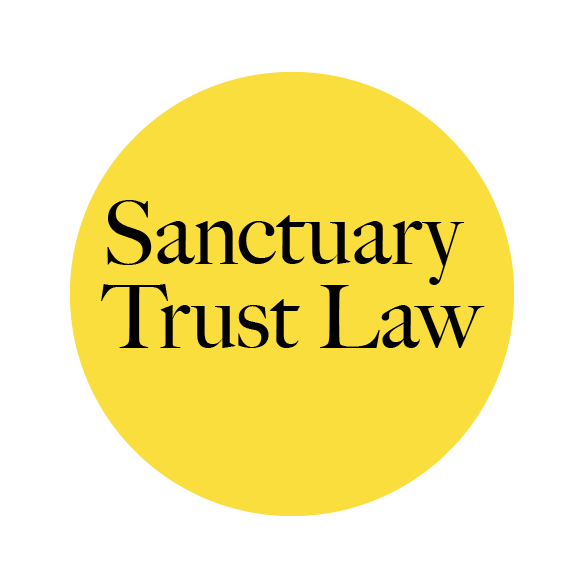Settlors, Trustees & Beneficiaries
In every trust, there are three key parties; the settlor(s), the trustee(s) and the beneficiaries.
Settlors
The term 'settlor' is defined in s HC 27 of the Income Tax Act 2007 in a very broad manner. It captures anyone who transfers value to the trust, or for the benefit of the trust, or on terms of the trust. Additionally, it can also catch someone who provides financial assistance to the trust or for the benefit of the trust with an obligation to pay on demand, and the right to demand is not exercised or is deferred. Furthermore, s HC 28 extends this definition and has the effect of deeming persons as settlor's for the purposes of the trust rules to include persons who act in a way to defeat the trust rules, or have the control of a trustee or settlor of a sub-trust. Consequently, due to the broad nature of the definition, it is very easy for someone to become a settlor in a trust.
Commonly, in a family trust, the settlor will refer to the party (parties) who settles property (such as the family home) or other assets into the trust. In most situations, this will be the parents.
It is important to identify who the settlor(s) are as it will show who has clear rights to appointments, distributions and amendments amongst other powers. Furthermore it also impacts the way distributions of income and capital are taxed in New Zealand.
Trustees
Once an asset is settled in the trust, the ownership of the aforementioned asset will transfer to the trustee(s).
The trustee(s) are appointed by the settlors', own the assets of the trust on behalf of the beneficiaries and are in charge of the trust's administration. The trustees therefore are able to use the trust's assets to derive income and also are the ones who distribute the trust's income to the beneficiaries.
The main requirement that must be met to be a trustee is that you must be over the age of eighteen and not an undischarged bankrupt.
In a family trust, it is common for the settlors' to also appoint themselves as the trustees as this allows them to retain to control over the trust assets and direct the trust as they wish. Alternatively, if the settlor does not want to elect themselves, they would elect someone they trust, such as a close friend or relative, or their lawyer or accountant.
Beneficiaries
Finally, the beneficiaries are the individuals who will benefit from the trust. The settlor(s) will record who the beneficiaries of their trust are in the trust deed. Commonly, the beneficiaries will be family members, friends or other entities such as charities.
The beneficiaries are the recipients of distributions that are made from the trust, and these distributions may create a tax liability.
